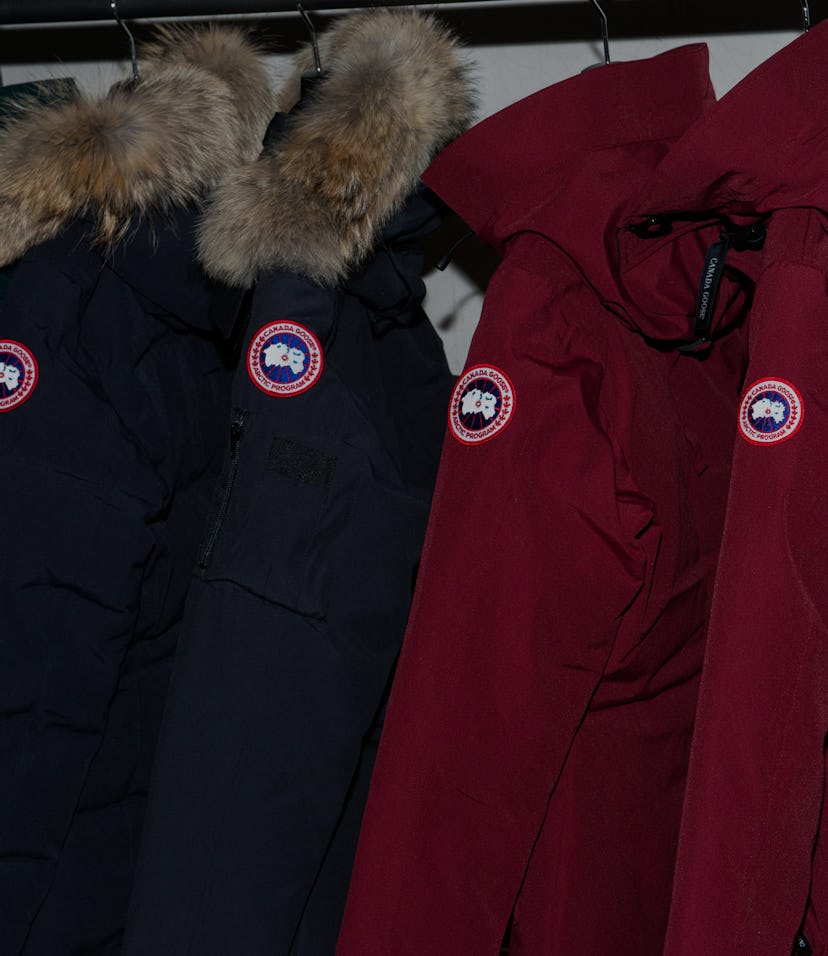Style
Canada Goose will stop using real animal fur by 2022
But will the brand’s fur alternative be any more sustainable?

Canada Goose, best known for its coyote fur-trimmed jackets, has announced it will discontinue the use of real animal fur in its products by 2022. Motivated by the brand’s strategy to become more environmentally friendly — and likely, the animal rights groups that have protested against the fur practice for years — Canada Goose’s decision will end its purchasing of all fur by the end of this year.
In April 2020, the brand initially announced it would stop buying new fur from trappers and would instead use reclaimed and recycled fur. But after much deliberation, and feedback from animal rights groups, Canada Goose has decided to cease the use of fur altogether.
Is faux fur sustainable? — It’s unclear what type of material will replace the coyote fur, and whether that textile will actually be more sustainable than the real deal. Most synthetic furs are made from polyester — essentially just plastic spun into thread — and can take anywhere from 500 years to more than 1,000 years to biodegrade.
Real fur also justifies the $500 to $2,000 cost of Canada Goose’s jackets, and the switch from fur to another material likely won’t see the brand lowering the prices of its products. Will the rich folks who love the jackets still purchase the brand’s “eco-friendly” version? Probably, considering the coats will remain some type of status symbol despite their lack of fur. Canada Goose also intends to keep its jackets filled with goose down, so the outerwear won’t be entirely free of animal byproducts.
Goose is going green — Over the past few years, Canada Goose has experimented with introducing more environmentally conscious goods, mainly driven by HUMANTURE, the brand’s “purpose-driven platform that unites its sustainability and values-based initiatives.”
With such initiatives in mind, Canada Goose has reproduced its Standard Expedition Parka to allegedly generate 30 percent less carbon emissions and require 65 percent less water throughout its life cycle. Similarly, the brand’s new lines include fur-free Cypress and Crofton jackets made from recycled nylon.
For now, Canada Goose’s recognizable fur-trimmed hoods won’t be disappearing, but we wonder how the synthetic iterations will stand up to the real thing, as well as the brand’s sustainability initiatives. By 2025, the brand hopes to make 90 percent of its product materials — including faux fur — organic, and move to 100 percent recycled packaging, according to its 2020 Sustainability Report. Alternatives may include hemp-made fur, denim-made fur, or even a sustainable substitute created by Canada Goose itself — retaining the brand’s leadership in the luxury jacket market.